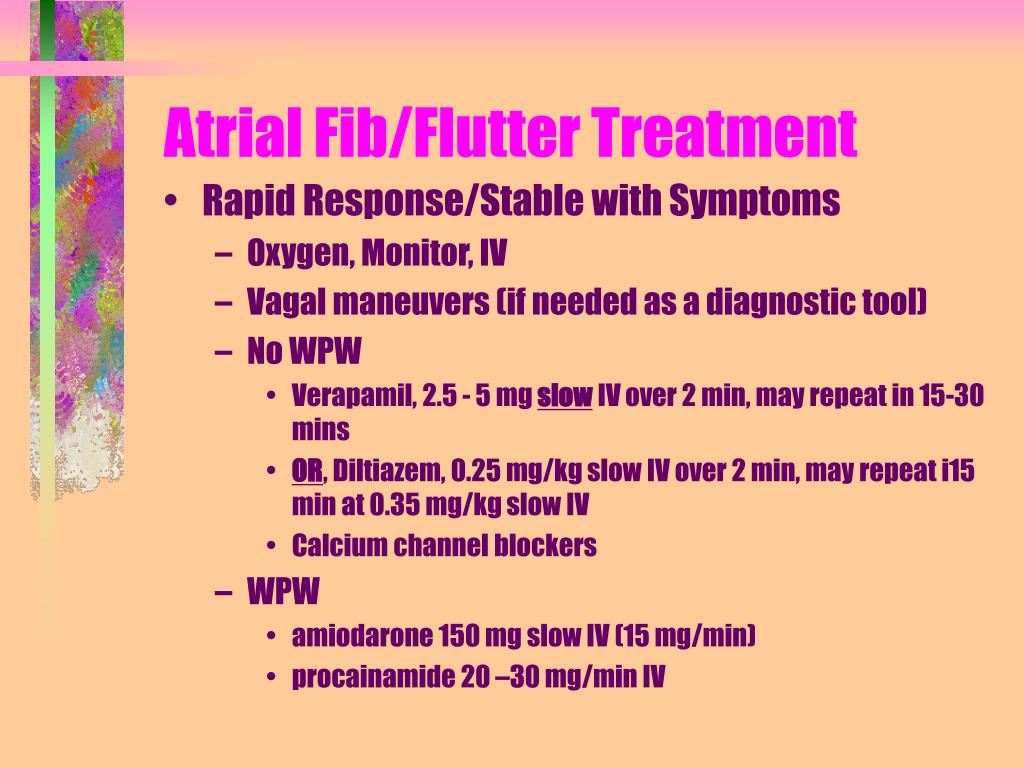

Some people with atrial fibrillation have no symptoms and are completely unaware that their heart rate is irregular.įind out more about the symptoms of atrial fibrillation Why does atrial fibrillation happen and how common is it?Ītrial fibrillation is the most common heart rhythm disturbance and affects up to 800,000 people in the UK. fast and irregular heartbeat (palpitations).What are the symptoms of atrial fibrillation?Ītrial fibrillation can lead to a number of problems, including: This reduces the heart's efficiency and performance and causes a highly irregular pulse rate. The atria contract randomly and sometimes so fast that the heart muscle cannot relax properly between contractions. These impulses override the heart's natural pacemaker, which can no longer control the rhythm of the heart. This process is repeated every time the heart beats.Ītrial fibrillation occurs when abnormal electrical impulses suddenly start firing in the atria (upper chambers of the heart). They then relax, so the heart can fill with blood again. When the heart beats normally, its muscular walls contract (tighten and squeeze) to force blood out and around the body. permanent atrial fibrillation - this is when atrial fibrillation is present all the time and no more attempts to restore normal heart rhythm will be made.

longstanding persistent atrial fibrillation - this means you have had continuous atrial fibrillation for a year or longer.persistent atrial fibrillation - this lasts for longer than seven days, or less when it is treated.paroxysmal atrial fibrillation - this comes and goes, usually stopping within 48 hours without any treatment.How is atrial fibrillation defined?Ītrial fibrillation is defined in various ways, depending on how it affects you: In atrial fibrillation, it may be over 140 beats a minute.

A normal heart rate, when you are resting, should be between 60 and 100 beats a minute. You can measure your heart rate by feeling the pulse in your wrist or neck. Most commonly, the heart rate will be unusually fast with this condition but it is possible for the heart rate to be within accepted limits or slower and still be in atrial fibrillation. Atrial fibrillation (AF) is a condition that causes an irregular heart rate.


 0 kommentar(er)
0 kommentar(er)
